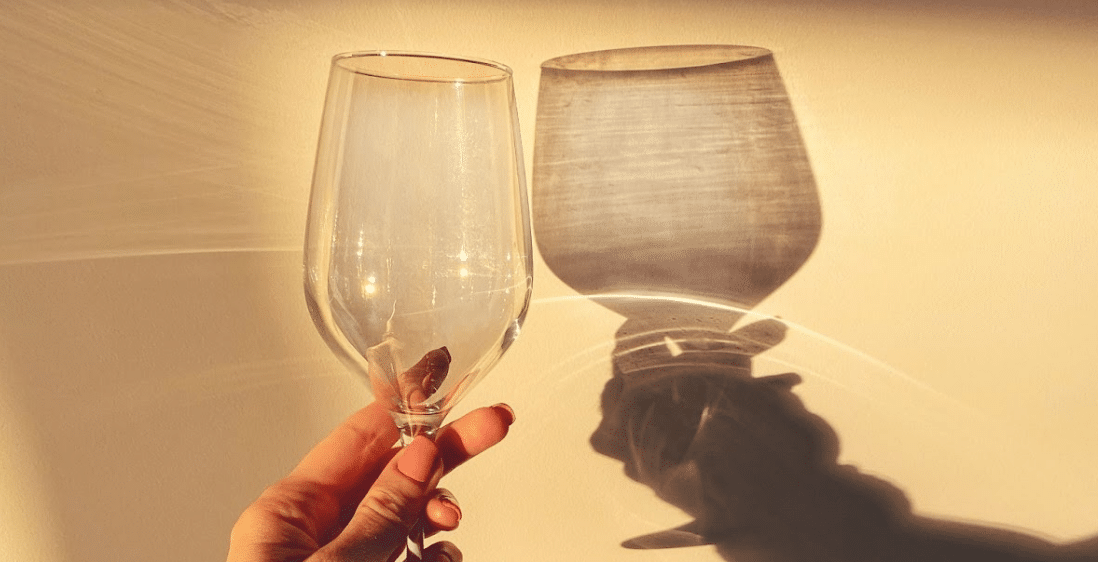
When you stop drinking, it’s always the hope that you’ll immediately feel better and people act as if life is going to improve. They quickly list all the positives you’ll face in being sober but no one really talks about what happens in the in-between.
That in-between has a name, and today we’re talking all about what happens when you stop drinking alcohol, and spoiler alert: it can really be a bad time. The truth is, withdrawal can be really hard and many people return to drink without giving themselves a fair chance at holistic recovery.
We want to help you prepare yourself for the reality of withdrawal because we believe you’re worth that recovery.
A snapshot of the first week after you stop drinking
If you’re a mild alcohol consumer, you likely won’t notice anything in the first couple of days that you stop drinking. If you’re reading this though, you’re likely not a mild alcohol consumer (or you love someone who isn’t). For people who have a dysregulated relationship with their alcohol consumption, the first week is going to be a rough time once you stop drinking.
There are a number of things that go on in your holistic self that you’ll take notice of in the early days of withdrawal and most of them won’t be very fun. We’re going to break down the symptoms of withdrawal between your two major systems of self to talk about what you may experience in that first week.
In your body
Over the first few days, withdrawal probably feels like groggy agitation. There will be lots of highs and lows as your body tries to figure out what to make of this whole sobriety business. It’s likely that you’ll have a headache, and your eyes may hurt as they strain to focus without the “beer goggles” phenomenon that often occurs when you drink. This is due to excess pupil dilation and it may cause headaches.
You might find yourself feeling restless and antsy as if you need to move or do something. You likely won’t have the energy to actually do that though, as your muscles will feel heavy and they might ache. The shakes and aches are not uncommon as your body begins to clear the toxins it’s been storing from the alcohol.
 You’ll sweat them out, so you may be feeling a little damper than usual. You may struggle to eat and feel nauseous or even be sick when you do eat.
You’ll sweat them out, so you may be feeling a little damper than usual. You may struggle to eat and feel nauseous or even be sick when you do eat.
Sleep is also likely not coming very easily even though you’re definitely tired. Your body isn’t sure how to settle into sleep rhythms without the lullaby of alcohol these days, and it’s definitely not doing you any favors.
In your mind
Withdrawal is uncomfortable and we don’t just mean physically. It’s likely you will feel agitated beyond restlessness. You may struggle to regulate your mood, or even to register exactly what mood you’re in as it shifts rapidly between anxiety, frustration, depression, and resentment. Your head will feel foggy, but it might feel like that fog is made of bees.
When you do manage to drift off to sleep, withdrawal increases the likelihood that you’ll have nightmares. In response to the myriad of physical symptoms withdrawal is bringing out for you, you may feel like a stranger in your own thoughts.
There are some dangerous symptoms of sudden withdrawal
Severe withdrawal can cause an unsafe drop in blood pressure, hallucinations, a racing heart or even seizures. This severe form of withdrawal is called Delirium Tremens. If you begin to feel afraid or unsteady, please seek emergency support for your withdrawal symptoms as they can signal a medical emergency.
Why withdrawal happens
People who drink heavily (whether they are dependent on alcohol or not) are often using alcohol as a numbing agent for some kind of discomfort in their lives. Alcohol helps you to disconnect from your emotions by providing a depressant effect on the signals and hormones that register the way you’re feeling. Alcohol short circuits them for the time being and it can give you some relief.
Withdrawal occurs for two reasons. Firstly, it takes away that numbing effect and the full might of whatever your drink was numbing will hit you like a Mack truck. Your body may rebel to the intensity of losing its numbing agent so abruptly.
Secondly, your body doesn’t quite realize that you’re no longer drinking and is still making hormones to accommodate the shift in your chemistry that drinking creates. What was a manageable amount of system input becomes overload to a body that’s not trying to wade through the quicksand-like delay of alcohol.
That overload is withdrawal. It causes all the difficult, confusing and just generally awful symptoms you experience when you stop drinking. For many people, that overload doesn’t feel sustainable and it can make you second guess your efforts to get sober.
You can take control of your sobriety and your life
There is hope! Beyond the two-week mark of removing alcohol, things will begin to improve. It’s likely you’ll see improvements in nearly all of your symptoms as well as other aspects of your life. Things do get better, but only if you stick it out.
If you carry nothing else from this article with you today, I hope that you remember what I say next.
Are you ready?
It’s important and I’m sharing it just for you.
Yes, you.
Every state you enter on this journey is a temporary one but your value in this world is concrete.
 This feeling will end and you are worth the determination it will take to get through it. When withdrawal feels like too much for you to manage on your own, programs like our detoxification program can help you to get sober safely.
This feeling will end and you are worth the determination it will take to get through it. When withdrawal feels like too much for you to manage on your own, programs like our detoxification program can help you to get sober safely.
There are options to support you but make no mistake: you carry the strength and the ability to move through this difficult space with the determination and beauty of the entire universe behind you. You can take control of your detox, your sobriety, and your life. You have the power, and we are here to empower you so can remember the world beyond withdrawal even on your darkest days. Connect with us today to learn more about our programs and how we can help. A phone call to (866) 950-0643 can get you started on the right path.

